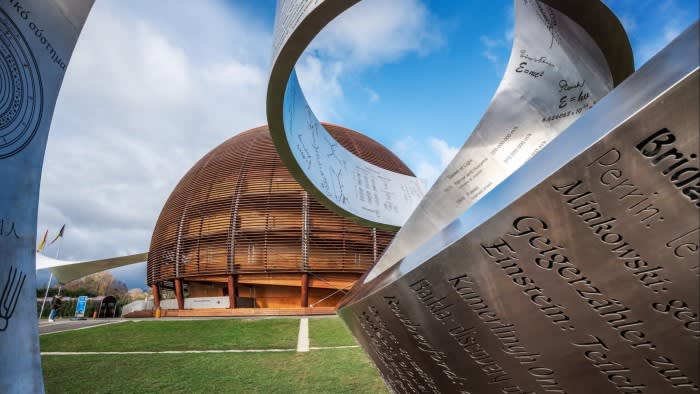It is understandable that the FT enthuses about breakthroughs enabled by advances in quantum theory (“Why we need Cern’s €16bn atom smasher”, FT View, February 10). What is not justified, however, is the blind support for a €16bn bid to build the Future Circular Collider that has, as you say, no “well-defined mission” and is acknowledged to likely balloon in cost.
No serious debater questions the need for continued investment in basic science to gain fundamental knowledge about our universe. But unlike similar scale projects like the James Webb telescope, which is capability driven, the FCC will consume the entirety of research budgets for decades with no clear outcome or resolution for what is a meaningful scientific question.
A more prudent and beneficial approach would be to fund the scores of smaller-scale, better motivated and responsive projects that will probe the fraying edges of the current physics paradigm. Inspired by the most recent observational and experimental results, a portfolio of smaller, focused projects presents an opportunity to train the next generation of scientific and engineering leaders, encourage novel international partnerships, increase diversity in thought and collaboration, and confirm or refute the latest theoretical models.
And all the secondary spin-off benefits will accrue — just, in this case, in many more technologies and related fields. All organisations, even Cern, seek to perpetuate themselves and the easiest way to do this is carte blanche endorsement of the next big thing.
Michael Pivovaroff
Oakland, CA, US

